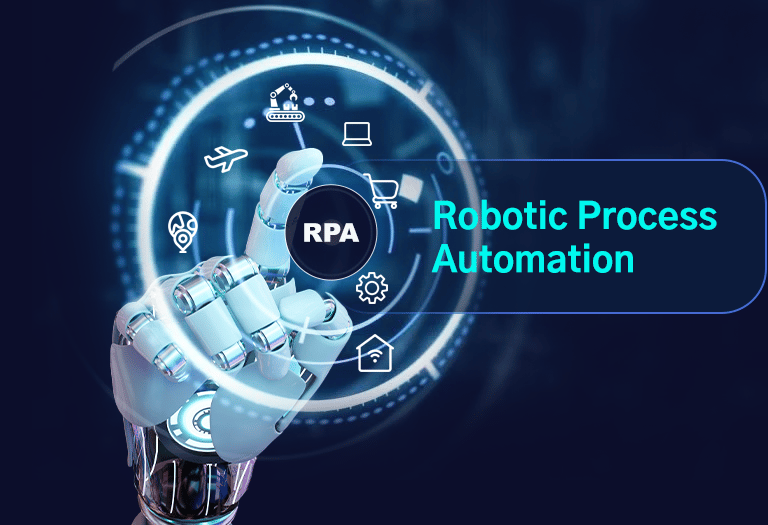
Solutions
help businesses work smarter not harder
From low-code solutions and in-depth analysis to end-to-end project delivery, ongoing support, and maintenance, we provide everything you need to grow with confidence.
With many more tailored services at your disposal, we’re here to make sure your transformation is practical, sustainable, and impactful.
We provide end-to-end digital solutions including process automation, business analysis, project management, low-code app development, and AI-powered agents to help businesses work smarter and faster.
Our Solutions
Process Automation


Tailored Automation Solutions with Intelligent Tools like UiPath and Microsoft Power Platform




IT Business Analysis
Comprehensive analysis to identify opportunities and optimize existing workflows for efficiency
End-to-end project management services ensuring timely delivery and alignment with business objectives
Project Management
Low Code Apps


Low Code Apps are applications built using platforms that require minimal coding, allowing users to create software quickly through visual tools and pre-built components


Agentic AI
AI Agents are software programs that use artificial intelligence to perform tasks, make decisions, and interact with users or systems autonomously
Approach
Discover
Analyze
Innovate
Manage
Platforms

UiPath is a leading platform for automating repetitive business tasks using robotic process automation (RPA)
Microsoft Power Platform is a low-code suite for building apps, automating workflows, analyzing data, and creating virtual agents







